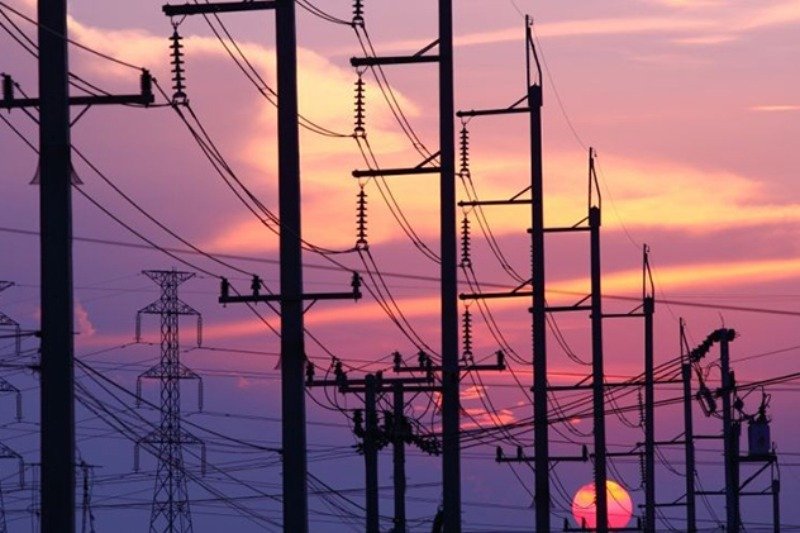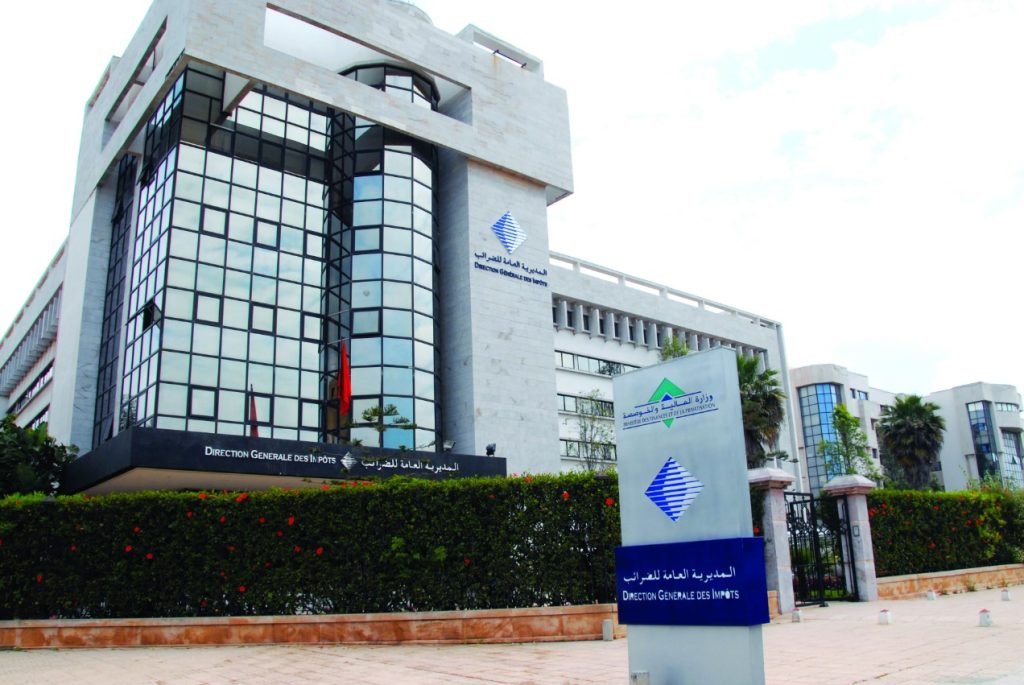aljiha post
In light of the recent widespread power outage that crippled Spain and affected parts of France and Portugal, energy experts are raising red flags about the vulnerability of modern power grids — including that of Morocco. Despite its relative resilience, the Moroccan electricity network is not exempt from the risk of a large-scale blackout.
Amine Bennouna, an energy expert interviewed by Le Matin, emphasized that while Morocco has developed solid mechanisms to manage supply and demand fluctuations, systemic weaknesses persist. “The incident in Spain is not just a local issue. It highlights broader concerns about the structural fragility of interconnected grids in an era of rising renewable energy use,” Bennouna warned.
Morocco’s grid is increasingly reliant on variable energy sources such as wind and solar, which, while essential for decarbonization, introduce volatility that traditional grids were not designed to accommodate. In the event of an abrupt drop in demand or an unforeseen fault in a high-voltage line — as seen in the Iberian Peninsula — cascading failures can occur in a matter of seconds.
The Kingdom, linked to Europe via undersea cables with Spain, played a minor role in stabilizing the Iberian grid during the recent crisis. However, the incident has intensified discussions around the resilience of Morocco’s own infrastructure.
Economically, a major blackout would have severe consequences. According to a 2023 report by Morocco’s national utility (ONEE), a one-hour nationwide outage could result in productivity losses amounting to hundreds of millions of dirhams, particularly affecting industrial zones and critical services.
To mitigate these risks, Morocco is investing heavily in “smart grid” technologies. The Smart Grids Test Lab in Benguerir is a flagship initiative aiming to enhance real-time data monitoring and automate response mechanisms. These efforts, alongside plans to develop large-scale energy storage solutions, are essential to adapting to a grid increasingly fed by intermittent renewables.
Yet, experts argue that technology alone is not enough. “We need robust governance, faster investment in storage infrastructure, and better regional coordination with European partners,” said Bennouna.
While Morocco has made commendable progress in diversifying its energy mix and modernizing its grid, the Spanish blackout serves as a stark reminder: no nation is fully insulated from systemic energy disruptions. The focus now must shift from reaction to anticipation.








